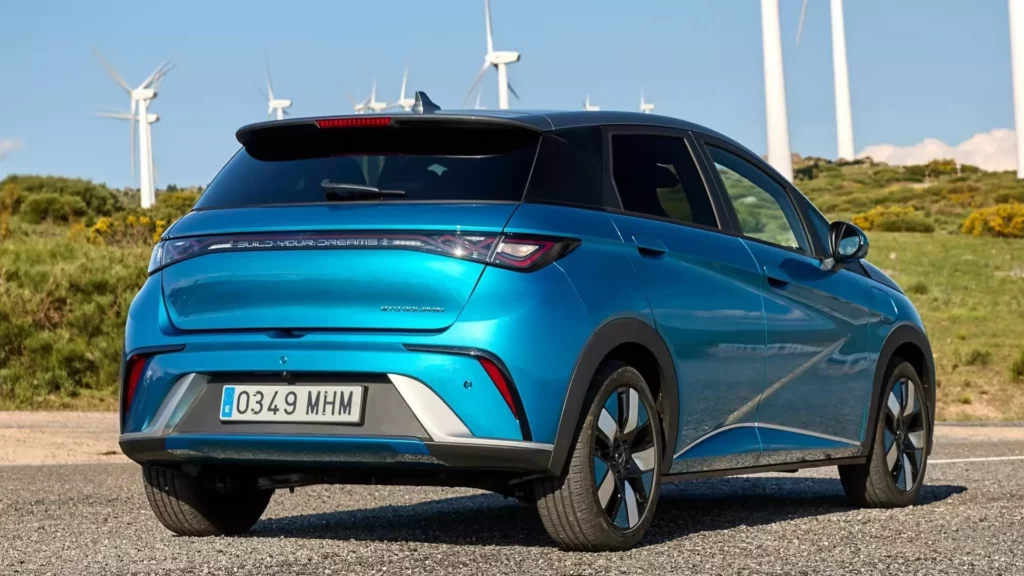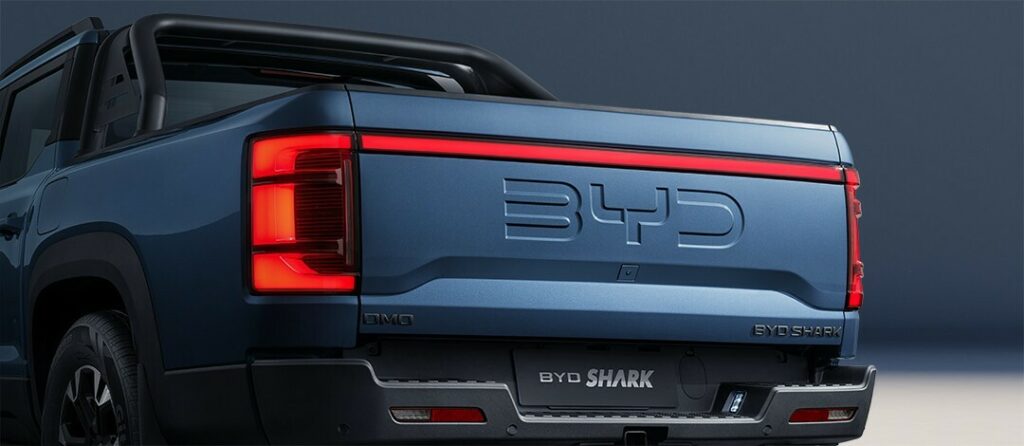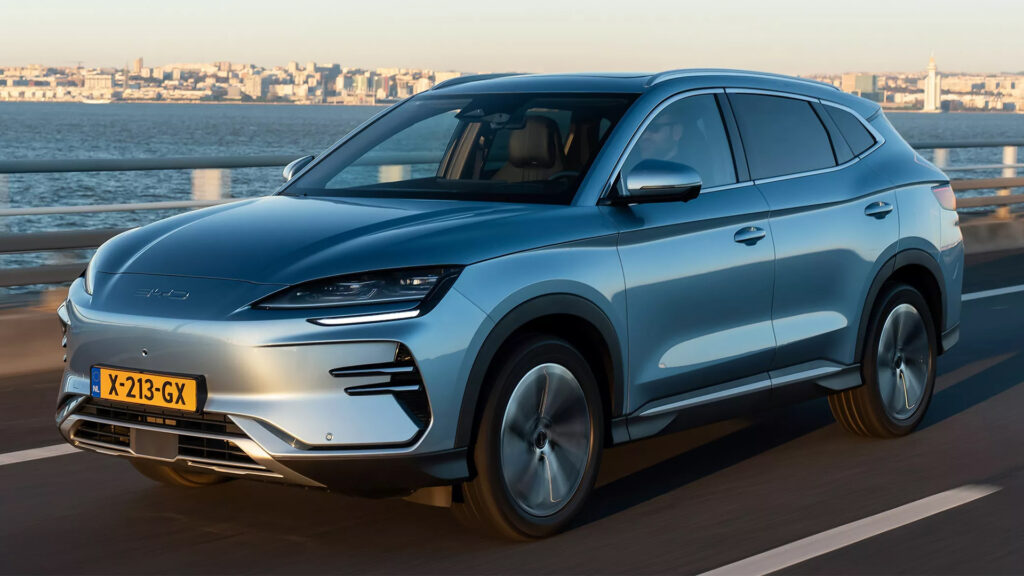- BYD plans to shift EV production to Europe and buy from local suppliers to counter EU tariffs.
- The company is still deciding whether to absorb tariff costs or pass them on to consumers.
- It’s also restructuring its German operations after a weak launch, to boost sales.
BYD has announced plans to build the majority of the electric vehicles it sells in Europe locally, while taking a jab at the EU for its import tariffs. Frustrated by the EU’s regulatory landscape, the Chinese automaker is ramping up local production to dodge some of the financial hits. At the same time, BYD is making it clear that it won’t simply absorb the extra costs without fighting back.
The Chinese brand has been slapped with an extra 17% tariff on top of the existing 10% rate for vehicles manufactured in China and exported to Europe. However, while speaking at the Paris Motor Show, BYD executive vice president, Stella Li, noted the brand will produce many components in Europe, assemble battery packs at plants in Hungary and Turkey, and only import battery cells from its home country.
Read: BYD’s Denza Z9 GT Rivals Porsche’s Panamera And Taycan For A Fraction Of The Price
During an interview with Reuters, Li added that most of the EVs BYD will sell in Europe are going to be built in Hungary. Additionally, it will aim to buy as many parts from European suppliers as possible and other Chinese suppliers currently setting up facilities in Europe.
According to Li, BYD is still deciding whether to pass the cost of the tariffs onto consumers or absorb the hit themselves. She added that, due to the tariffs, they don’t expect to sell cars in Europe for less than €30,000 (~$33,700).
“We disagree a lot on the calculations… it’s not a fair judgement,” she said. “Politicians should stay away from tariffs, adding more cost to auto manufacturing and confusing the auto industry.”

As part of BYD’s strategy in Europe, the Chinese carmaker will make changes to its German business after a disappointing launch in the country. Last year, BYD sold a touch over 4,000 vehicles in Germany, but sales fell to under 1,500 in the first half of 2024. Li says this is because BYD didn’t build the necessary infrastructure correctly and in August, decided to buy German distributor Hedin Electric Mobility to take greater control of sales in the market.
“You will see the change very soon – you will see a lot of BYD cars on the street in Germany,” Li added. BYD clearly expects to make a much bigger splash, whether Germany is ready for it or not.




